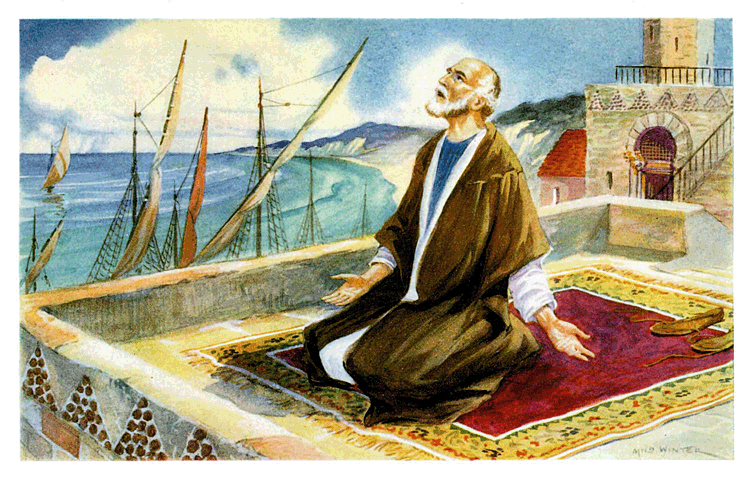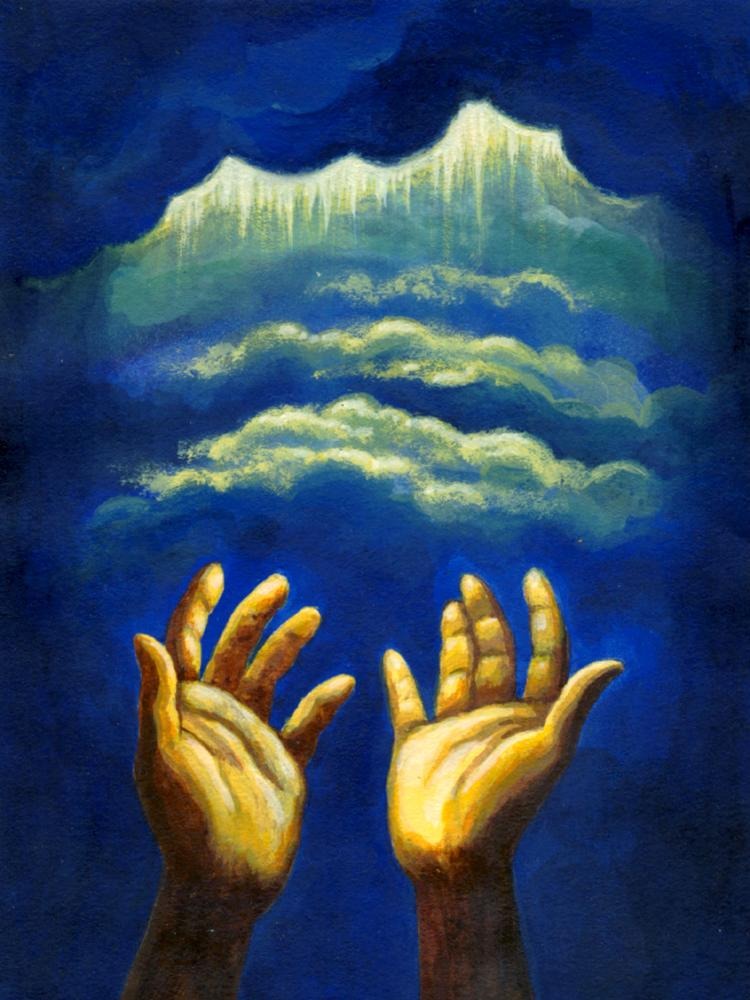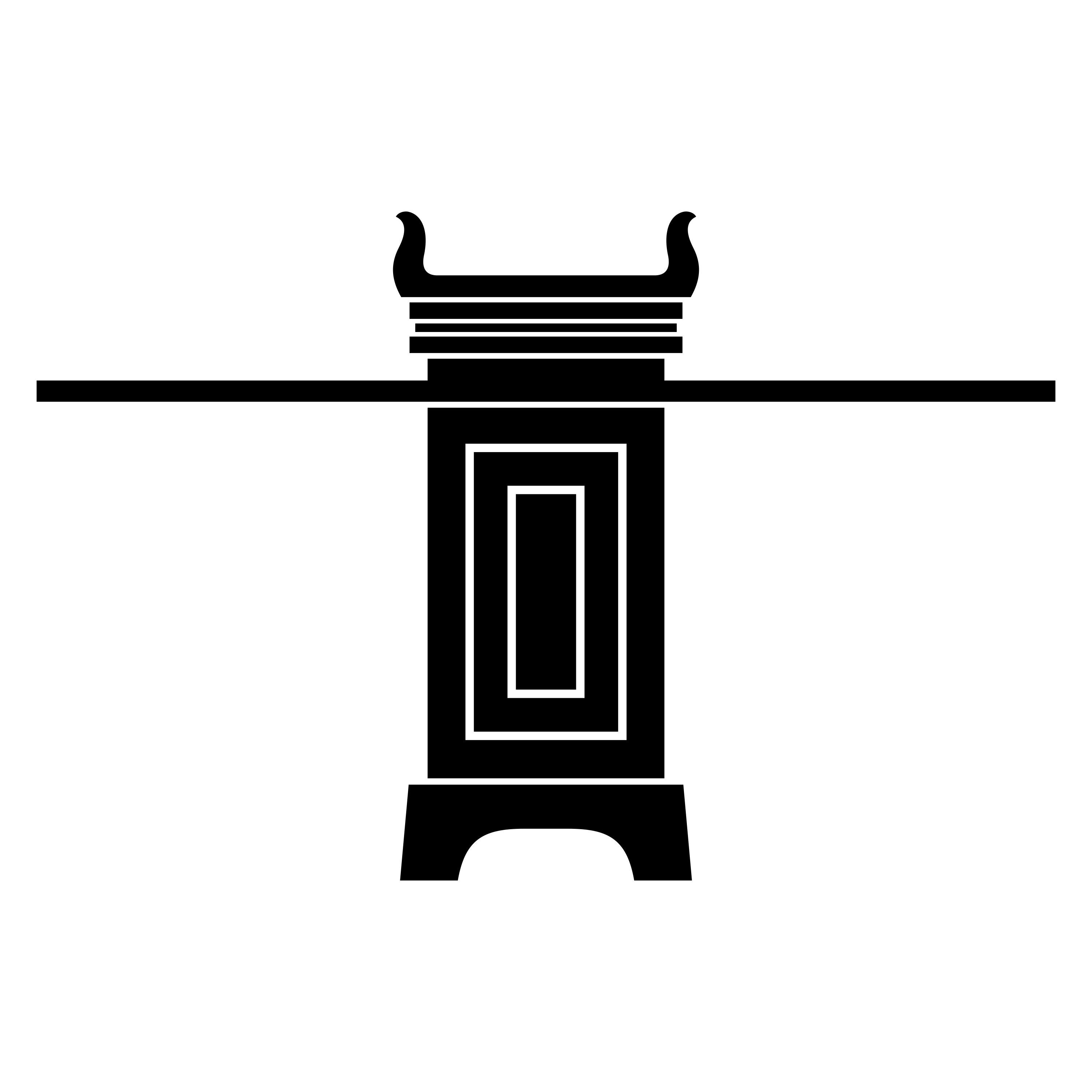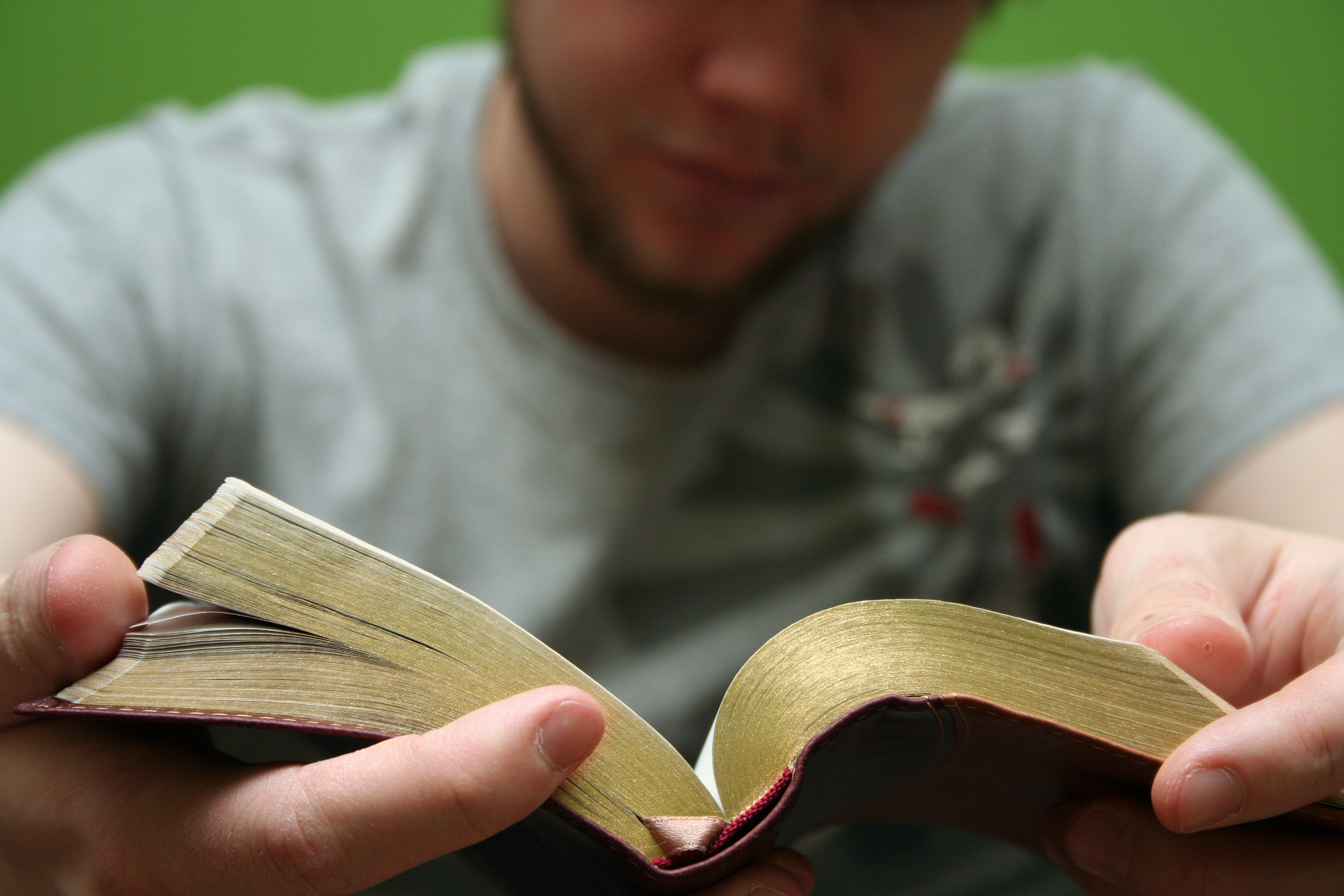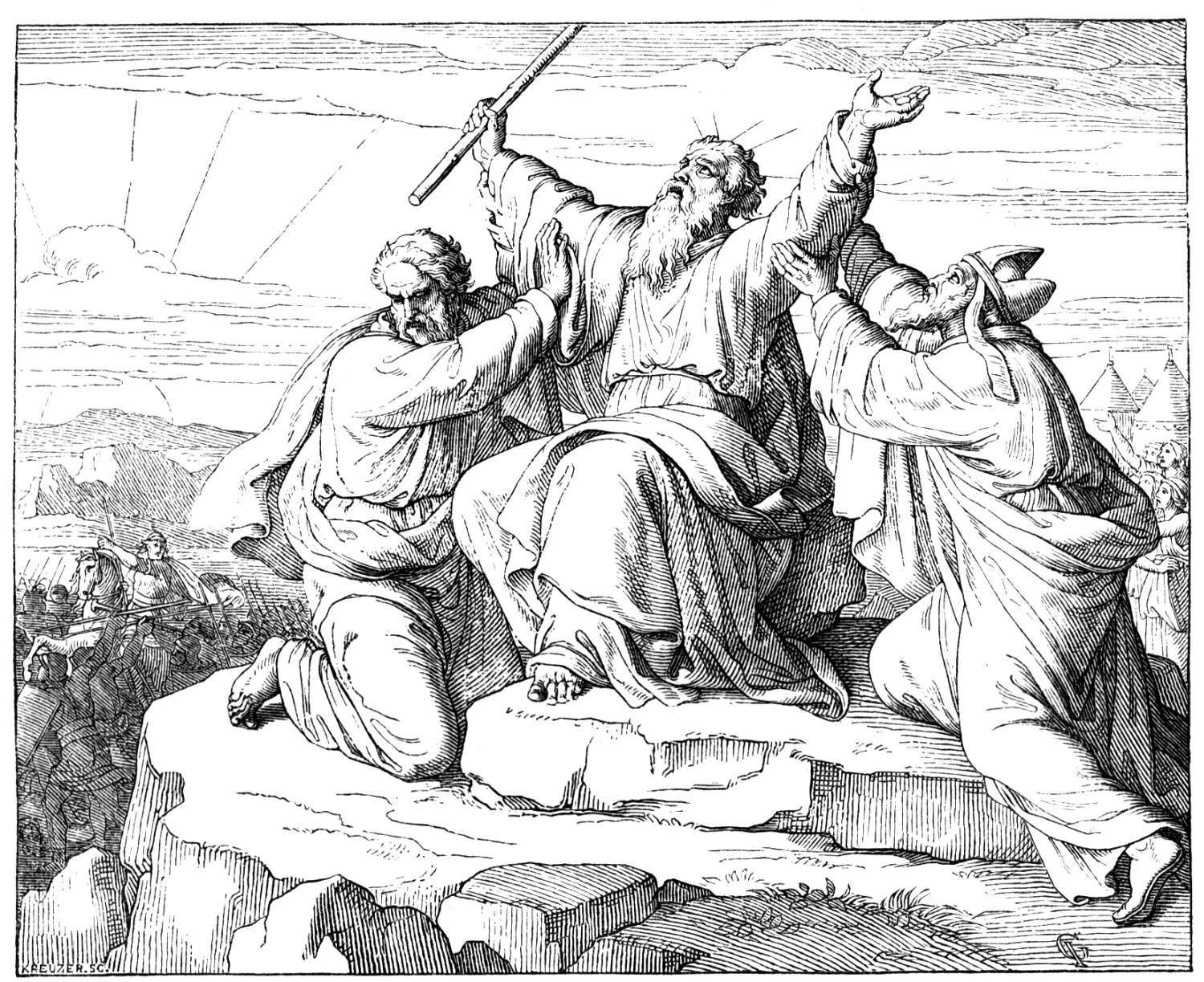Under what circumstances does YHVH not answer prayers? Whose prayers does he not hear much less answer? The answers to these questions may shock some people who have been misled by the mainstream church to believe that YHVH Elohim is their divine sugar-daddy in the sky who is like a cosmic vending machine—every time you put in your coin and push the button, you’re automatically guaranteed to get something yummy in return. In reality, the Bible teaches us to view Elohim very differently. The Scriptures have a lot to say on this subject.
Before sharing what the Scriptures have to say about answered and unanswered prayer, consider this. YHVH Elohim is holy (Heb. kadosh) or set-apart and totally righteous. By his mercy and grace we exist. He doesn’t need us; we need him. He’s not obligated to do anything for us. To think that he is duty-bound to bless us by hearing, much less answering our prayers is presumptuous at the least, and arrogant and self-centered at the most, and it doesn’t line up with what the Scriptures say on the subject. If we have been guilty of this erroneous belief, it is time to repent and to line up our hearts and minds with what the Word of Elohim teaches us on this subject. If we operate within the perimeters of YHVH’s Word, we’re more likely to have our prayers answered. YHVH Elohim follows his own word, and so should we.
Remember these wise words from Solomon:
Walk prudently when you go to the house of Elohim; and draw near to hear rather than to give the sacrifice of fools, for they do not know that they do evil. Do not be rash with your mouth, and let not your heart utter anything hastily before Elohim. For Elohim is in heaven, and you on earth; therefore let your words be few.… a fool’s voice is known by his many words.…For He has no pleasure in fools. Pay what you have vowed…Do not let your mouth cause your flesh to sin, nor say before the messenger of Elohim that it was an error. Why should Elohim be angry at your excuse and destroy the work of your hands? For in the multitude of dreams and many words there is also vanity. But fear Elohim. (Eccl 5:1–4, 6)
There is a severe dearth of the fear of Eohim in the modern church, and this is contrary to what the Scriptures reveal should be our approach to the Almighty Creator and is thus offensive to him. It is time that the saints had a higher, more respectful view of Elohim and a lower view of themselves, and this has to do with our approach to prayer as well.
The “Phone Lines” to Elohim Are Not Always Open
Therefore let everyone who is godly offer prayer to you at a time when you may be found; surely in the rush of great waters, they shall not come near him. (Ps 32:6)
This infers that sometimes YHVH may be found when his people seek him, and sometimes he may not be found.
Give ear to my prayer, O Elohim, and hide not yourself from my plea for mercy. (Ps 55:1)
This teaches us that sometimes YHVH hides his face, even from his people who seek him in prayer.
It’s Not Guaranteed YHVH Will Hear All Prayers
O YHVH Elohim of hosts, hear my prayer; give ear, O Elohim of Jacob! Selah. (Ps 84:8)
If David had to cry out to Elohim to hear his prayers, then this indicates that he was humble enough to admit that YHVH wasn’t obligated to hear his prayers, or that Continue reading

